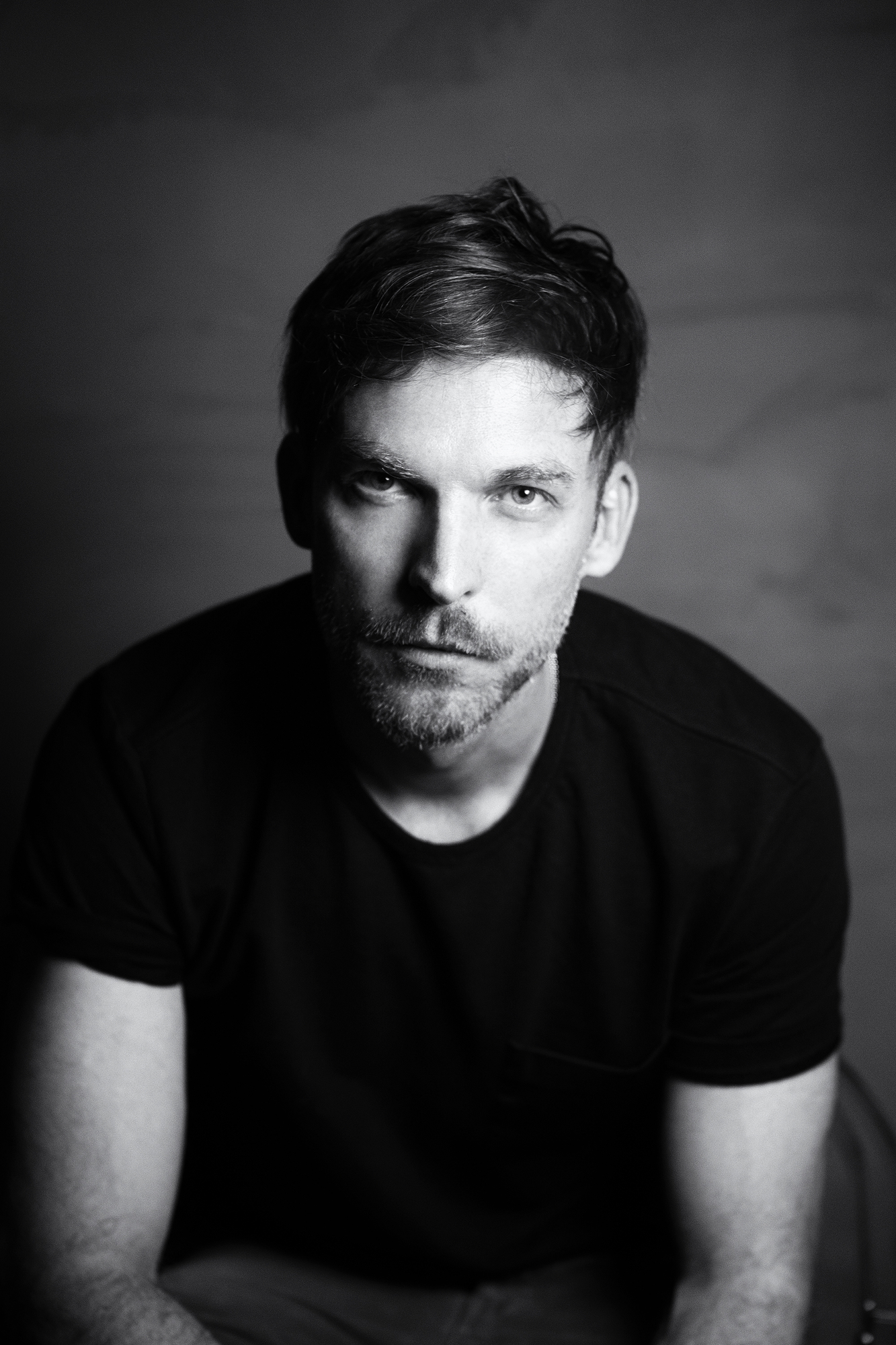
10 June 2016
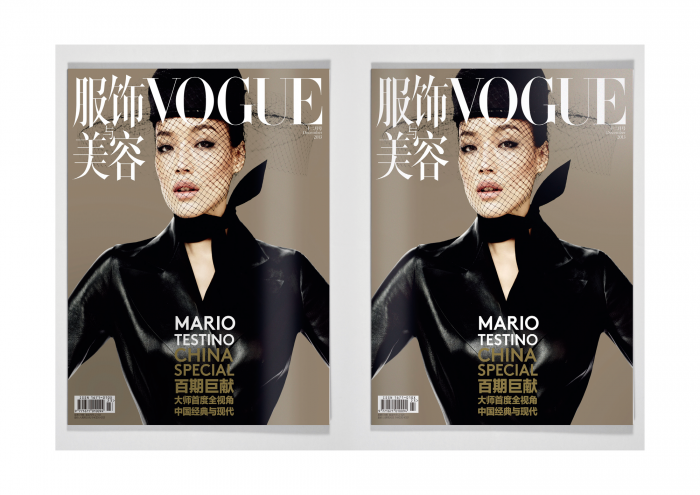
A graduate from ECAL and former Creative Director of China Vogue, Stéphane Delgado was born and raised in Switzerland. He is an international leading high-end market creative director with more than fifteen years experience in fashion, retail, branding and advertising. He has spent more than seven years in Asia, providing integrated creative communications for fashion’s most distinctive and directionally-imperative brands, with expertise in photography, design, print & digital publishing for luxury sector magazines.
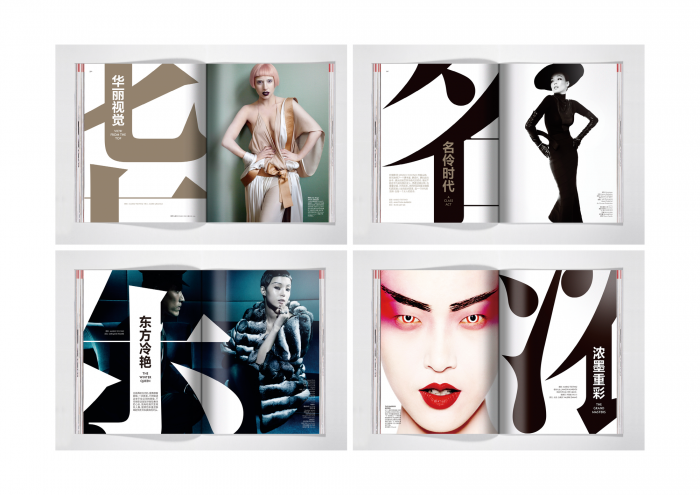
As Creative Director, he created a bilingual graphic system and established a visual language that supports the highest positioning for the brand in China, and expands its influence overseas. His contributions included borrowing traditional Chinese elements such as vertical text and calligraphy, and translating them into a system of signs that appeal to the international scene, yet culturally relevant for Chinese readers.
Using strong cultural references which resonate with readership and help navigate the editorial content structure, Stéphane was able to generate a contemporary aesthetic within a rather conventional context. As a result of his creative contributions over the past two years, the publication has achieved an increased cultural presence and significance in the global marketplace, and has since become the benchmark for Chinese fashion publications and consumer magazines.
How relevant is the notion of UTOPIA within your practice, approaches and strategies?
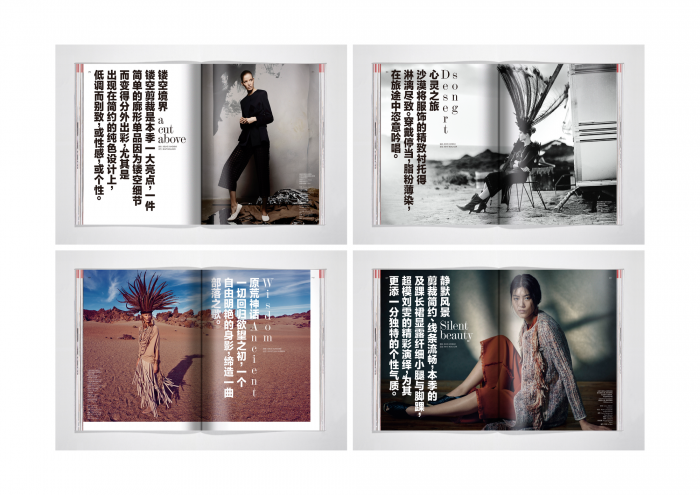
I have been working in China for the past seven years. The culture of the critical intellectual is not very vigorous in China, and that has to do with the political situation. As a tool, utopian thinking is fantastic to develop new approaches, and it’s an exciting contest to bring them fourth in such a particular environment.
Utopia is defined as the imagination of an ideal system or pattern of a civil organisation. How do you see the role of creative practice within this concept? Can design change society – referring to a common utopian aspiration to create a new society through design?
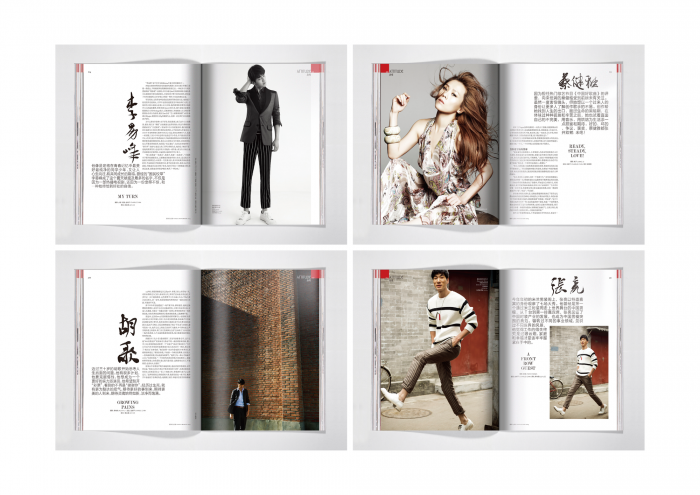
Design is multi-layered and goes beyond serving its initial purpose of communicating a message; it demonstrate non-linear thinking and intelligence, and conveys values/references which can downright alter behaviours when decoded by the right audience. Architecture in China is a great laboratory for new ideas, an exploration of ways design can bridge the gap between the intimate scale of the individual life and the whirling tide of mass society.
Are there any other manifestos, publications or thinkers that have influenced your work or mindset?
Christopher Alexander, the father of the Pattern Language movement, whose work provides a framework for perceiving and interacting with the world and a cosmology where art, architecture, science, religion and secular life all work comfortably together.
